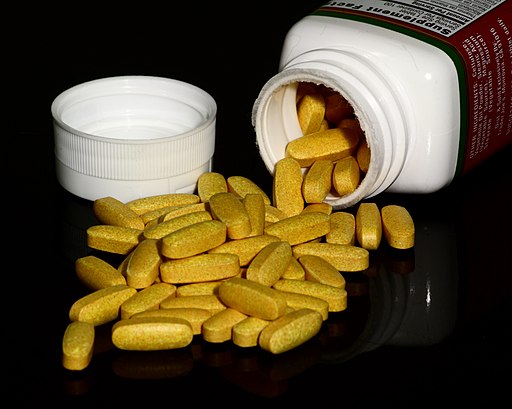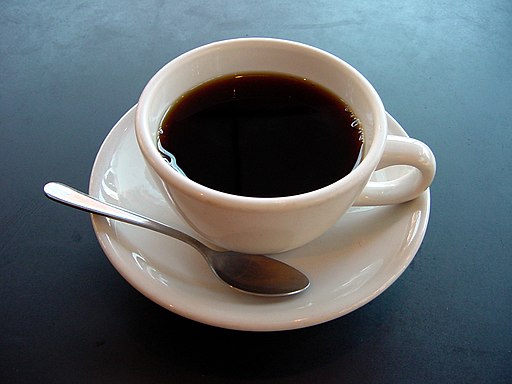Vitamins might seem like the key to those who want strong bones; however, studies have recently shown it vitamins contribute, but other foods you may never have known are helping.
Many women have a condition known as osteoporosis or osteopenia, both of which relate to bone weakening or bone loss. Claudia Wallis wrote in her article in Scientific American that around 20% of women aged 50 and up have osteoporosis, and more than 50% suffer from osteoporosis. Notably, men have lower cases of these bone-weakening conditions(4% develop osteoporosis, and 33% develop osteopenia). Many adults over 50 also develop an osteoporotic fracture ( a fracture in one hip, wrist, or vertebra). Wallis feels a cause for these high cases is the misunderstanding about what diet and supplements contribute.
One reason is the inconsistency in nutrition and bone health studies. Our bones are always changing and constantly replenishing themselves, so accurate data on bone health is hard to find. Calcium is the crucial nutrient involved in building bones. Vitamin D then allows the gut to absorb calcium from our food. Therefore, doctors recommend people take vitamin D supplements to treat and maybe prevent the bone loss that comes with aging.
Surprisingly, this past summer New England Journal of Medicine discovered that taking vitamin D over 5 years showed no reduction in the rates of fractures in adults aged 50 and older in a huge study. Research conducted by the same team showed that vitamin D supplements did not affect improving bone density. As a matter of fact, the study showed vitamin d did not improve the risk of cancer or heart disease either.
Following these significant findings, theNew England Journal of Medicine published an article stating that medical professionals need to put an end to ordering unnecessaryblood tests on vitamin D levels. Leader of the study, Meryl LeBoff of Brigham and Women’s Hospital in Boston told Scientific American, “Food and incidental sun exposure likely provide enough vitamin D for healthy adults.” However, she noted that the study was not done on patients who had osteoporosis in the past, and for some people, it is smart to continue taking vitamin D and calcium supplements.
For the majority of people, calcium-rich food help maintains strong bones. LeBoff feels the best source of calcium is food, for she stated, “because there are so many other nutrients, and you have a more continuous absorption than with a pill.” One unusual source of calcium if from coffee. Although over consuming coffee can have harmful effects(over six cups of coffee can cause calcium to be lost in urine), a moderate about could overall benefit your bones. Ching-Lung Cheung of Hong Kong University said “Coffee intake, if not excessive, should be safe for bone,” he says, “and if you still have concerns, add milk! He led a study that showed that people who drink have a greater bone density in their upper thigh bone and lumbar spine. Alcohol is the same way in that moderate intake will promote strong bones, but excessive drinking can disrupt hormones that promote healthy bones.
Overall, the best way to take care of your bones is to live a healthy lifestyle incorporated with a balanced diet, and exercise. Weight-bearing exercises boost healthy bone formation all through your lifetime. You don’t have to stress about it though; just make sure you’re moving your body and making nutritious choices and your bones won’t cause you any bone-breaking problems.
In AP Biology this year, we talked about feedback loops and how they function to maintain the regulation of homeostasis and how hormones and feedback loops function in the body’s endocrine systems. When you break or fracture a bone, your body uses hormones to stimulate a feedback loop to reinforce a stimulus that leads to the replenishment of the bone.




Leave a Reply